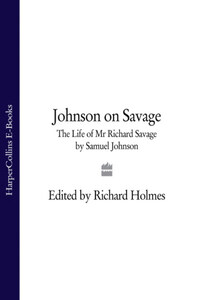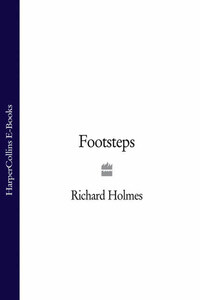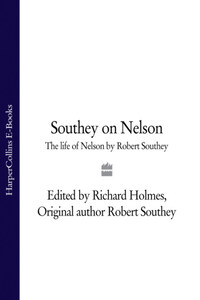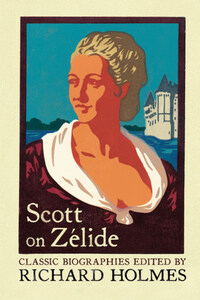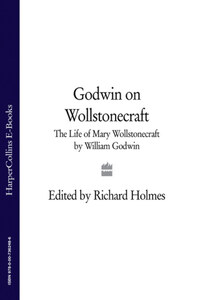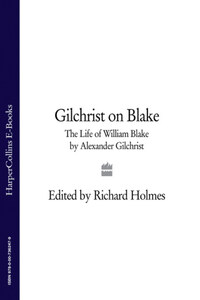‘A shilling life will give you all the facts,’ wrote W.H. Auden in his wry sonnet about the shortcomings of biography. But very few facts are known with absolute certainty about the flamboyant 18th century poet who called himself Richard Savage (including his real identity). Yet he is the subject of one of the greatest short biographies in the English language.
One fact is that Savage always claimed to be ‘son of the late Earl Rivers’, but could never prove it. Another is that he was convicted of killing a man in a brothel near Charing Cross, London, on 20 November 1727. A third is that he published a bestselling poem called ‘The Bastard’ in 1728, which ran to five editions in five months. A fourth is that he died penniless in a debtors’ prison in Bristol in 1743. To which we can add a fifth, that his Life was written by Samuel Johnson.
In January 1744, the London Evening Post carried the following tantalizing advertisement for this biography.
An account of the life of Mr Richard Savage, son of the late Earl Rivers. Who was, soon after he came into the world, bastardised by an act of Parliament; and deprived of the tide and estate to which he was born; was committed by his mother, the Countess of Macclesfield, to a poor woman, to be bred up as her own son; came to the knowledge of his real mother, now alive, but abandoned by her, persecuted, and condemned for murder, and against all her endeavours, pardoned; made Poet Laureate to Queen Caroline, became very eminent for his writings, of which many are quoted in this Work, particularly ‘The Bastard’ and the Wanderer…went into Wales, to be supported by a subscription, promoted by Mr Pope, but at last died in Prison.
Johnson’s unlikely friendship with Savage, which inspired this extraordinary work, is one of the strangest episodes in Johnson’s whole career. It belongs to his earliest and darkest days in London, long before he had published his great Dictionary (1755), or formed his Club, or met his own biographer James Boswell (1763). Sir John Hawkins, one of the very few people who knew both Johnson and Savage at this obscure time, remarked that it was ‘an intimacy, the motives for which may probably seem harder to account for, than any one particular in his entire life’.
Boswell later agreed with this uneasy verdict: ‘Richard Savage: a man of whom it is difficult to speak impartially, without wondering that he was for some time the intimate companion of Johnson; for his character was marked by profligacy, insolence and ingratitude.’ He added that Savage had a reputation for ‘fire, rudeness, pride, meanness, and ferocity’.
But he may also have appeared a curiously glamorous figure to Johnson. At the time they first met in 1737, ‘Sam’ Johnson was not the great Doctor of later legend. He was 29 years old, an aspiring but virtually unpublished author from the provinces. Large, shambling, grotesquely scarred by childhood scrofula, he was subject to physical convulsions and disabling episodes of mental depression. Abrupt and awkward in company, he was a unsuccessful schoolmaster from Lichfield, who had come up to London (with his last pupil David Garrick) to try his literary fortunes by contributing poems and translations to the Gentleman’s Magazine.
By contrast, Richard Savage, then in his early forties (his exact birthdate is uncertain), was a stylish, celebrated and even notorious personality in literary London. Universally known in the coffee-houses, he cut a dandyish figure as observed by Hawkins. ‘Savage, as to his exterior, was to a remarkable degree, accomplished; he was a handsome, well-made man, and very courteous in the modes of salutation’. Hawkins added dryly: ‘I have been told that in taking off his hat and disposing it under his arm, and in his bow, he displayed as much grace as those actions were capable of.’
For most of his life Savage had claimed to be the illegitimate offspring of a love-affair between the Countess Macclesfield and Richard Savage, the 4th Earl Rivers. This claim had never been recognised, and remains unproven to this day. But Lord Rivers having died in 1712, Savage had begun to style himself ‘natural Son of the Late Earl Rivers’, and for more than twenty years pursued his claims against the wealthy, widowed Lady Macclesfield, with heroic - or relentless - determination. This became the subject of his notorious poem ‘The Bastard’, published in 1728, shortly after he had received the royal pardon for the murder at Charing Cross:
